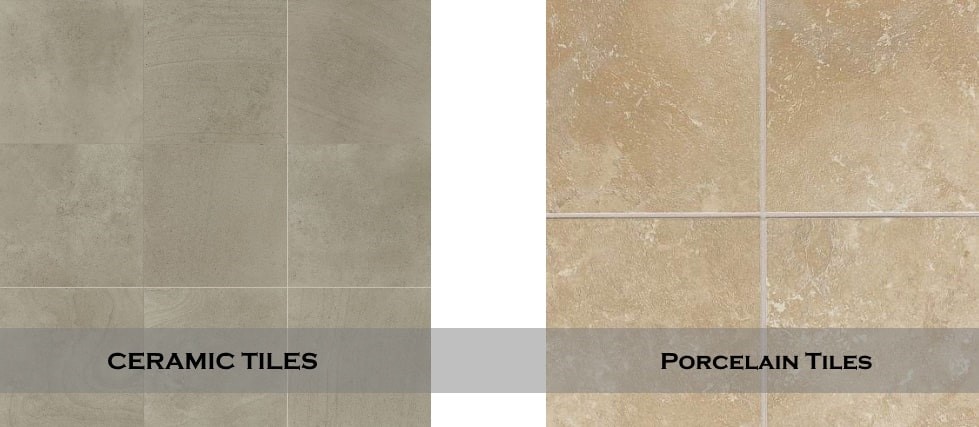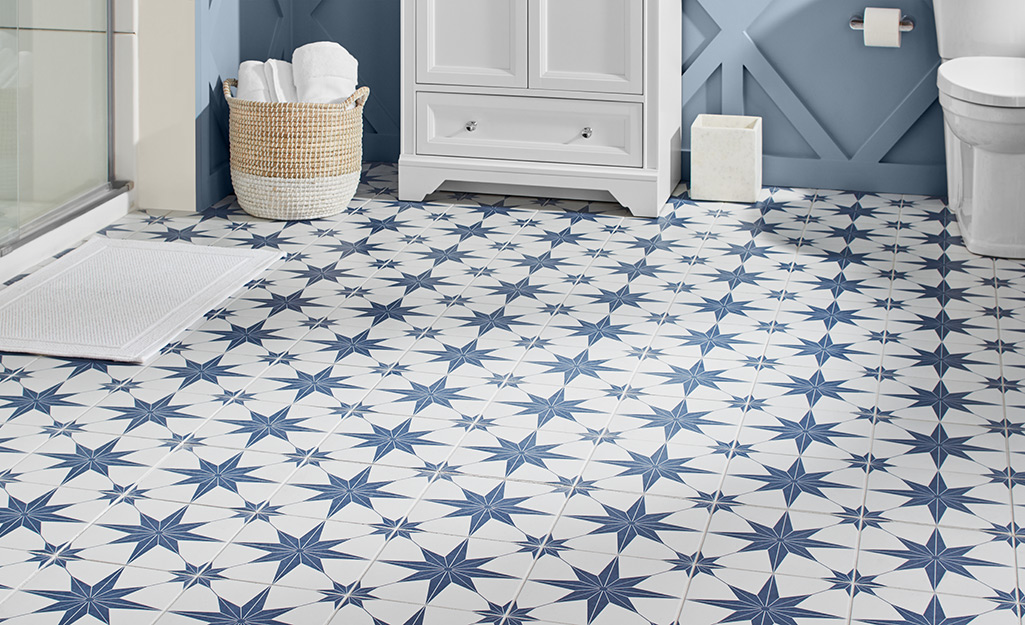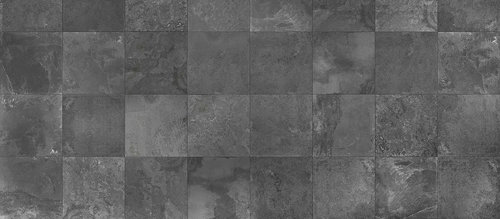Ceramic Tile Temperature Rating

Ceramic tile fire ratings.
Ceramic tile temperature rating. Ceramic tile is fired at lower temperatures generally no more than 1 650 degrees fahrenheit. In many instances ceramic tile suppliers have been requested to provide fire ratings for ceramic tiles and the like. You must wait until the new grout has cured sealing helps reduce damage from hot elements placed on the counter top. According to the tile council of north america tcna porcelain is impervious in addition to being scratch and stain resistant porcelain tile stands up to high heat.
As a precaution use a grout sealer on a new ceramic tile counter top approximately one week after installation. Neve matte ceramic subway floor and wall subway tile 11 46 sq. Ceramic and porcelain tiles come in several different types suited for different uses. Temperatures for installing tile.
Constant changes in temperature may also cause discoloration of ceramic tiles. Tile defined as ceramic uses a coarser clay with a smaller ratio of fine kaolin clay and it generally lacks some of the additives used in porcelain clay. Fire ratings are required by the building code of australia bca to ensure that if a building is on fire that the material does not significantly increase the spread or intensity of a fire. While this does not directly impact tile specification it is worth noting the following relating to fire ratings for ceramic and porcelain tiles.
The density of the clay and the high firing process used to make porcelain tiles results in a product that s harder than granite. This article will provide guidance for setting tile when the weather does not cooperate with scheduling the work. For example some are designed for use on walls only others for floors only and some can be used for either floor or wall applications. The temperature may be too hot or too cold the humidity extremely high or overly dry or the location to be tiled is very windy.
While these extreme conditions are usually experienced on exterior installation projects the. Understanding ceramic tile pei ratings. In addition the stresses generated are determined by multiplying young s modulus the coefficient of thermal expansion and the temperature differences between the. These temperature differences are determined by the thermal conductivity of ceramics as well as the coefficient of heat transfer between the fine ceramic and the cooling media.
Interior and exterior tile installations have temperature requirements not for the material itself but for the thin set mortar and grout that is used to adhere.













































